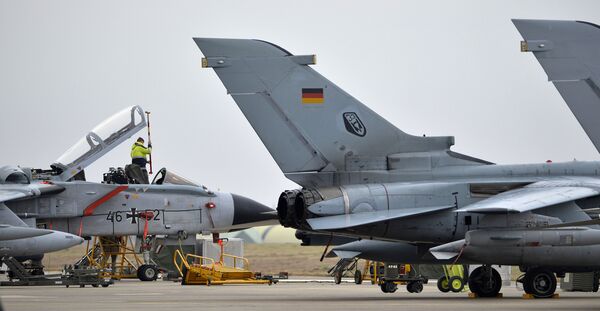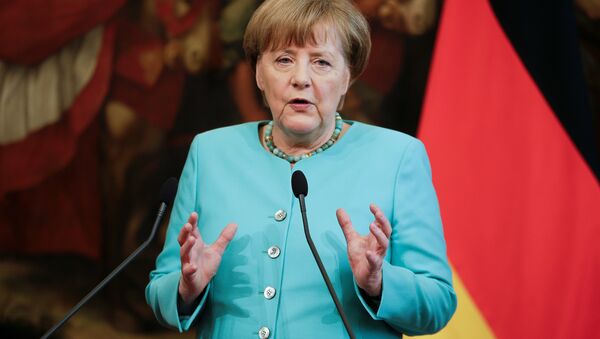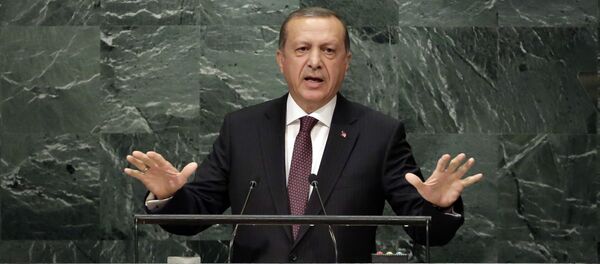Relations between Berlin and Ankara have worsened in recent months since President Recep Tayyip Erdogan crackdown on the media and opposition in the aftermath of the failed coup, July 2016, which he blamed on the cleric Fethullah Gulen, now living in the US. Many of his supporters in Turkey — including the military, police and academics — have been detained.
A group of German politicians — including Roth — have been trying for months to gain access the German military staff based at the Turkish airbase at Incirlik in southern Turkey in response to a German parliamentary resolution declaring the 1915 massacre of Armenians by Ottoman forces "genocide," which Turkey denies.

"This is an entry ban for the vice-president of the German Bundestag," said Gabriel.
With both Germany and Turkey being NATO members — with German Chancellor Angeal Merkel likely to go face to face with Erdogan at its summit May 25 — the issue is particularly critical. Germany has threatened to move its military staff and Tornado aircraft out Incirlik — possibly to Jordan.
He was arrested and detained on charges of supporting a terrorist organization and inciting public violence and is one of six German citizens detained in the crackdown on the followers of Gulen.
Turkey reacted with rage when the front cover of the respected German magazine Der Spiegel showed Erdogan wearing sunglasses reflecting two minarets as rockets taking off from a mosque and describing him in an article as a "Dictator."
'Der Spiegel' special edition: '#Turkey, the country which lost its freedom.Dictator at war w (own) Kurdish cities' pic.twitter.com/z9N8MTrEEm
— Cahida Dêrsim (@dersi4m) 10 September 2016
Prior to that, there was diplomatic strain when German satirist Jan Bohmermann broadcast a poem on ZDF television sitting in front of a portrait of Erdogan, reading out a poem that accusing the Turkish president of "repressing minorities, kicking Kurds and slapping Christians while watching child porn," among other things.
Erdogan demanded that Bohmermann be prosecuted, which German Chancellor Angela Merkel has allowed, under a little known German law, although, no prosecution — in the end — followed.



